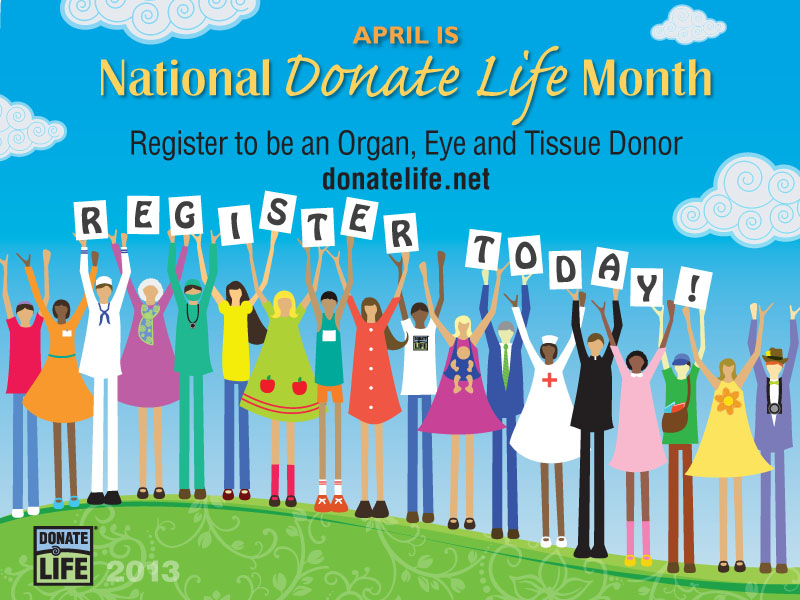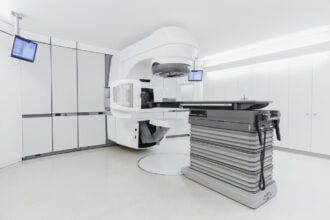When it comes to organ, tissue and eye donation, there remain many myths and misconceptions surrounding the process. Sometimes these myths are road blocks for why people are hesitant to register themselves as a designated donor or to give consent for their loved one to be a donor. The following are some of the most common myths that we encounter in the donation field:
When it comes to organ, tissue and eye donation, there remain many myths and misconceptions surrounding the process. Sometimes these myths are road blocks for why people are hesitant to register themselves as a designated donor or to give consent for their loved one to be a donor. The following are some of the most common myths that we encounter in the donation field:
Myth: If I am a registered donor and something happens to me, the medical staff at the hospital will not work as hard to save my life.
Truth: The medical staff at the hospital will always do everything they can to save your life. They are a separate team from the staff who performs the organ and tissue recoveries as well as the transplants.
Myth: I have a lot of medical illnesses and am too sick to be a donor.
Truth: Each potential donor is evaluated to determine their suitability to donate based on their medical history. People with heart disease, diabetes, chronic lung disease and many other conditions can still potentially become donors.
Myth: If I am an organ, tissue and/or eye donor, I will not be able to have an open casket viewing or funeral.
Truth: Throughout the recovery process, the patient is treated with respect and care. Your loved ones will not be able to tell that you were a donor, so an open casket viewing or funeral is still possible.
Myth: Rich and famous people are able to get an organ before other people.
Truth: While it may seem that the rich and famous are able to obtain an organ more quickly than others because their story often appears in the news, this is not true. The national organ waiting lists are maintained by the United Network of Organ Sharing and are based only on medical criteria. Having more money or celebrity status never plays a role in putting someone at the top of the list.
Myth: Organ, tissue and eye donation is against my religion.
Truth: All major religions support donation as this act has the power to save the lives of others and is seen as a last gift of charity. If you have specific questions about your faith’s views on donation, please consult your religious leader.
Myth: Donor families are charged if their loved one becomes an organ, tissue and/or eye donor.
Truth: There is no cost to the donor’s family if their loved one becomes an organ, tissue or eye donor.
Myth: People can wake up from brain death.
Truth: Brain death occurs as a result of a devastating, irreversible injury to the brain. Despite all medical interventions, sometimes when there is such an injury, the brain swells and blood supply to the brain is cut off, causing the brain tissue to die. Brain death is a clinical diagnosis made by a physician trained in performing a neurological exam to determine brain death. If brain death is determined, that person will not wake up, unlike someone in a coma who may still exhibit some signs of life. Mechanical devices such as the ventilator, as well as medications, help to maintain body functions in someone who is brain dead, but this may only be for a few hours or days, not permanently.
Often TV shows can play into these myths and do not accurately portray the donation process. You may see patients on these shows whisked off to the operating room right after their family says “yes” to donation. In reality, on average the organ donation process usually takes one to two days from start to finish. There is initial lab work, the waiting lists are run, recipients are found and brought into their respective transplant centers, and finally, the donor is brought to the operating room for the recovery. Tissue and eye recovery must take place within the first day of a person passing, and can even occur within several hours of death in some cases.
It is important to be aware of the donation process and what it means, whether you have already made the decision to be a donor or if you are considering it. Your decision to become a donor is an important one. You have the power to save a life.








